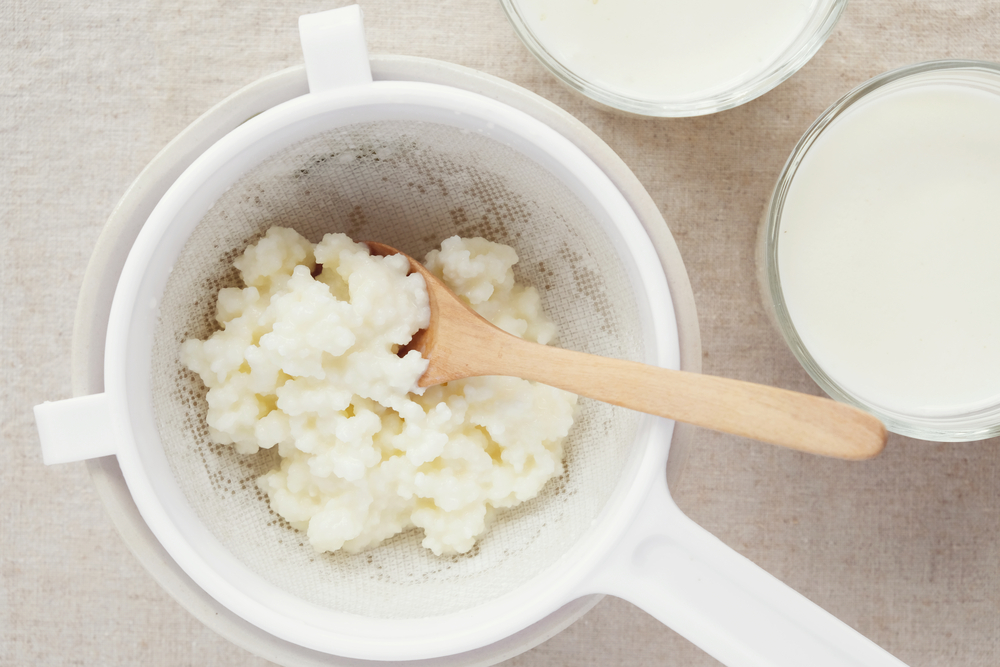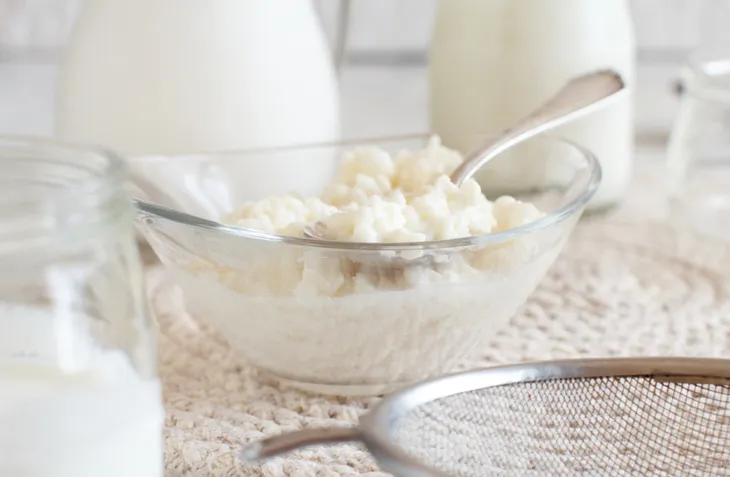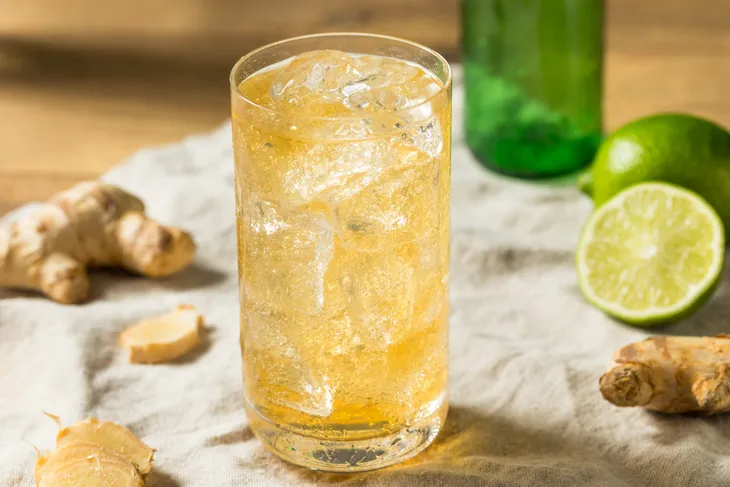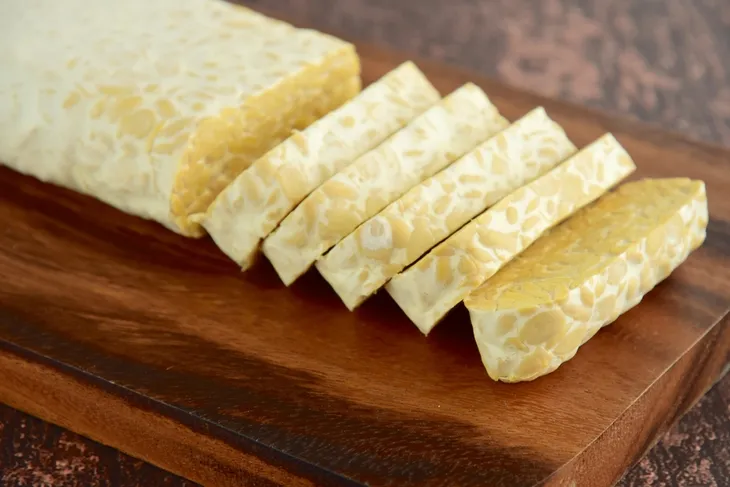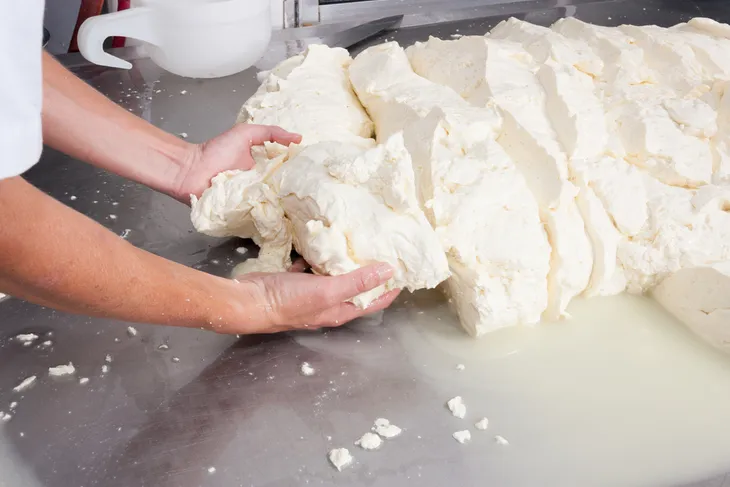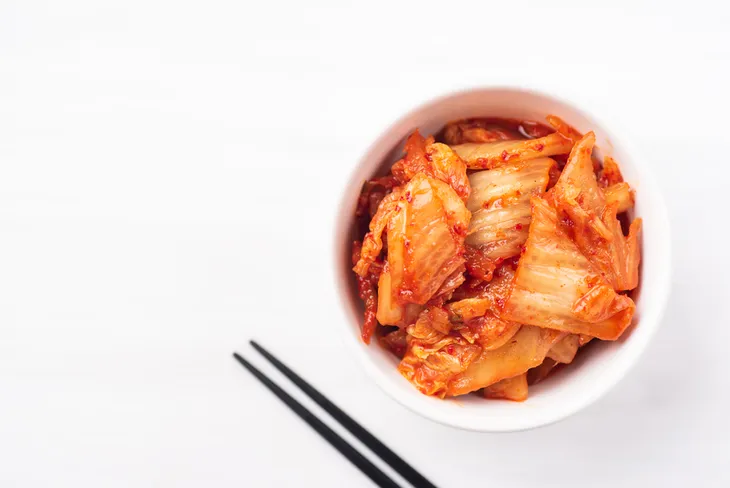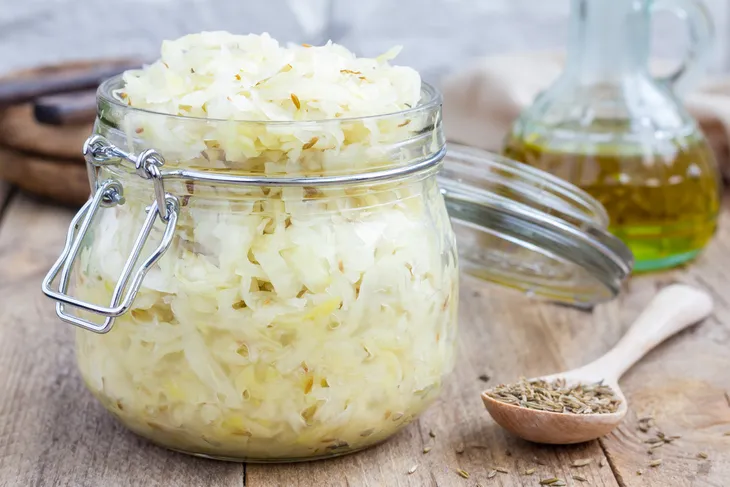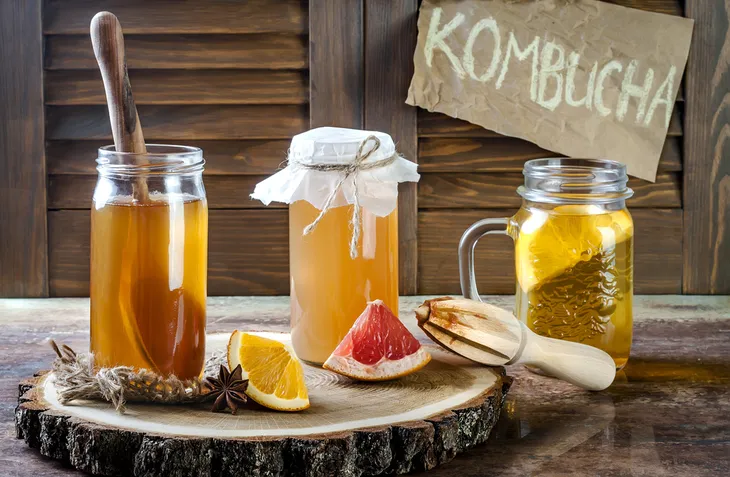When it comes to probiotics (or so called good bacteria) yogurt gets all the credit. However, there are other foods that are just as beneficial for proliferating the healthy bacteria in your gut, aiding the body’s absorption of nutrients.
Probiotics power and strengthen your immune system, digestive system, and lower your blood pressure, so if you don’t dig yogurt—that’s perfectly alright. You can still get a beneficial share of probiotics from the following foods…
Miso
The very first time I tasted this traditional Japanese seasoning, it was mixed into a peanut sauce for fish, and it was absolutely delicious! The thick and rather salty, fermented soybean paste is often added to soups, stews, and stir-fries, where you gain the probiotic benefits, plus the tangy taste—of fermented soy beans, a fungus (called kojikin), and grains (i.e., rice or barley).
Kefir
Sure, kefir might be like yogurt, but it’s more like drinkable (or a watery yogurt beverage). Tangy, protein rich (roughly 10-grams per cup), and super tangy on the taste buds, kefir is a grain added to milk and fermented. It’s most commonly used in smoothies and on cereal as a protein-packed milk alternative.
Ginger Beer
The fizzy, naturally fermented, probiotic drink originated in England in the 1800s. While ginger beer is considered non-alcoholic because it contains less than 0.5% alcohol, it does have a small amount of booze from the fermentation process. Find the soda alternative in the beverage section of your grocery store.
Tempeh
Unless you’re a vegan or vegetarian (or live with one), you might have never heard of tempeh. Even though it’s often a meat or tofu substitute, I prefer the taste of this fermented, probiotic-rich grain made from soybeans as opposed to tofu. It’s lovely on salads, in stir-fries, and even used as a sandwich filler. Plus, it’s super rich in vitamin B12 as well as beneficial bacteria.
Fermented Cheese
Now not all cheeses are rich in healthy bacteria. However, specific fermented soft cheeses—like Swiss, Gouda, Parmesan, cheddar, and some cottage cheeses—are crafted using lactic acid bacteria, which means the milk ferments over the long term to form curds and whey (just like the Miss Muffet nursery rhyme) and the healthy probiotics.
Kimchi
The popular Korean side dish is made from a fermented assortment of Napa cabbage, cucumber, radish, and scallions and seasoned with spices—like chili peppers, garlic, salt, and vinegar. Koreans enjoy Kimchi on sandwiches, in stir-fries, and mixed into noodle dishes.
Sauerkraut
You either hate sauerkraut or you love it—atop a hotdog, sausage, or a Reuben sandwich. A simple combination of shredded and fermented cabbage, sauerkraut is jam-packed with lactic acid bacteria probiotics (as long as it’s not pasteurized).
Kombucha
It always amazes me when I learn about a new healthful drink, like kombucha, which has been around for the last 2,000 years! Kombucha was first popularized in China where the fermented black tea is sweetened and people drink it for its healthy bacterial prowess.
